Today marks the auspicious occasion of Pahela Baisakh, heralding the beginning of the Bengali New Year 1431. As we bid farewell to the year 1430, the traditional festival of Chaitra Sankranti paved the way for joyous celebrations across Bengal.
Pahela Boishakh serves as a beacon of inspiration, encouraging us to embrace openness and integrity, while rejuvenating our spirits with renewed enthusiasm. As proud Bengalis, we take pride in our cultural heritage and national identity, revitalizing our sense of patriotism and Bengaliness on this special day.
This universal folk festival welcomes the new year with jubilation and optimism, symbolizing prosperity and new beginnings. It offers an opportunity to cast aside past sorrows and setbacks, embracing hope, peace, and prosperity for the year ahead.
On this joyous occasion, President Md. Abdul Hamid and Prime Minister Sheikh Hasina have extended heartfelt greetings and best wishes to the people of Bangladesh and Bengalis worldwide.
Various festivities are underway nationwide, with the capital city bustling with vibrant celebrations. The government has orchestrated comprehensive programs to commemorate 'Bangla New Year 1431', with the day marked as a public holiday. Cultural events organized by institutions like the Fine Arts Faculty of Dhaka University and Chhaynat at Ramana Botmule enrich the cultural landscape.
The Department of Theater and Performance Studies at Dhaka University, along with other cultural organizations, including Rishi Art Group, are hosting diverse programs throughout the day. The festivities kick off with the performance of the National Anthem and the iconic song "Eso Hey Boishakh."
Newspapers nationwide are publishing articles on the significance of Bangla New Year and the history of the Mangal Shobhayatra, recognized as a World Cultural Heritage by UNESCO.
Bangladesh Shilpakala Academy is hosting a day-long program, while traditional Bengali food and Iftar are being served in prisons, hospitals, and orphanages to spread joy and camaraderie.
The celebration of Bengali New Year has evolved over time, transitioning from an agricultural festival to a cultural and political landmark. Rooted in Bengali nationalism, Pahela Boishakh has become a symbol of unity, diversity, and resistance against oppression.
Since the inaugural Mangal Shobhayatra organized by the Fine Arts Institute of Dhaka University in 1989, this cultural extravaganza has grown in significance, garnering international acclaim and recognition.
As we rejoice in the festivities of Pahela Baisakh, let us embrace the rich tapestry of Bengali culture and heritage, fostering a spirit of inclusivity, harmony, and progress for the year ahead.



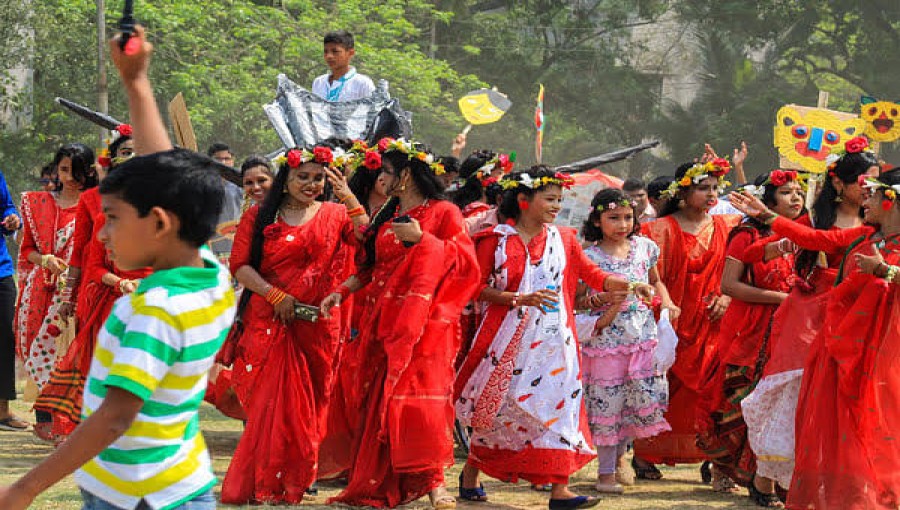

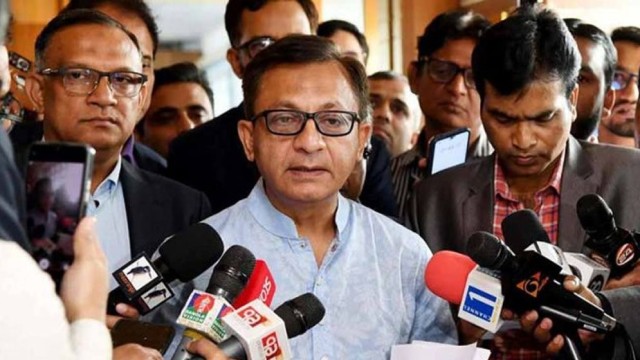
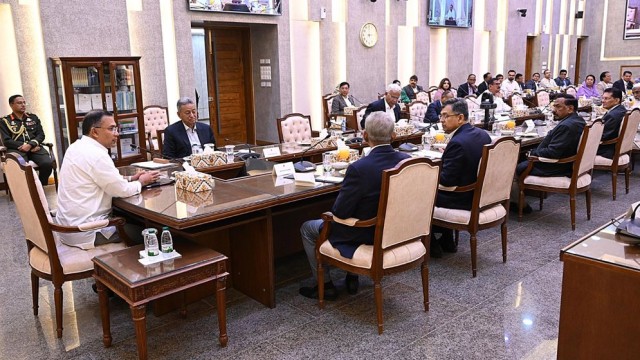


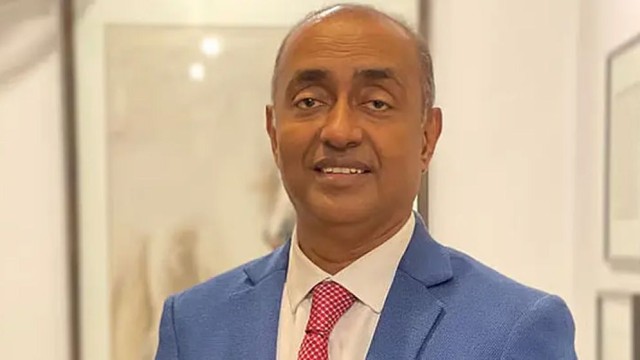

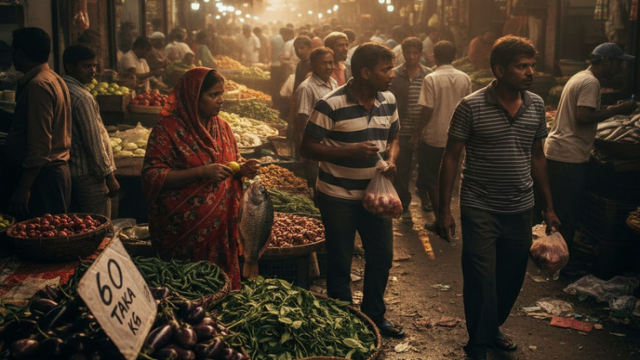
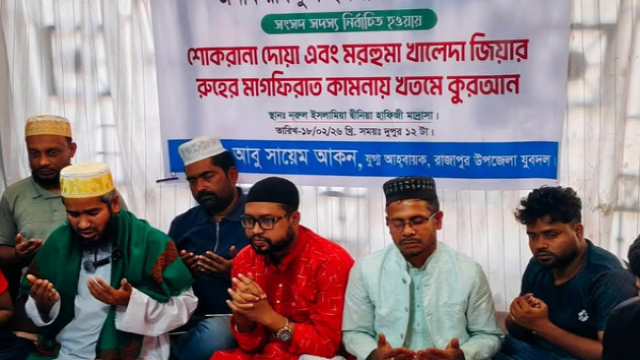

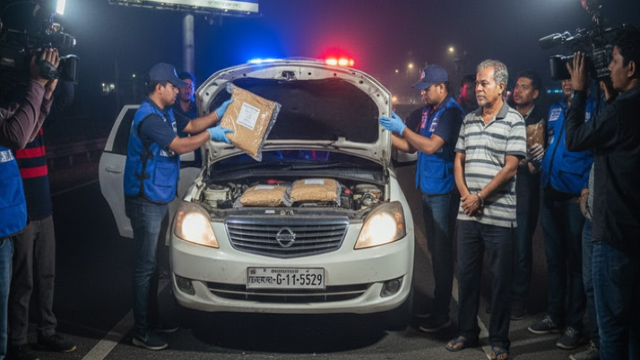


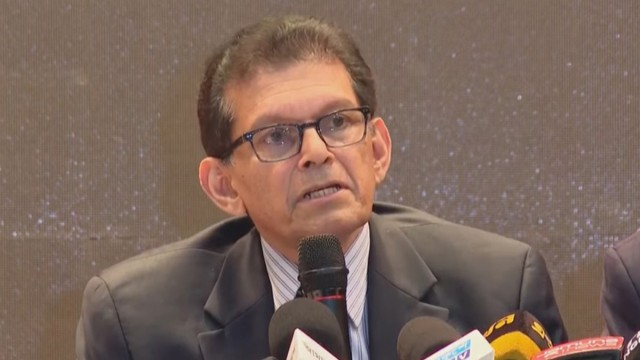
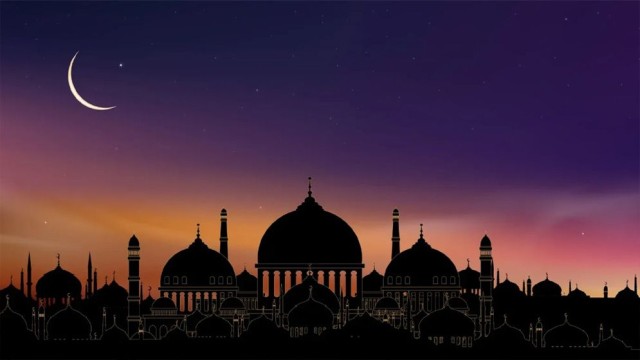











Comment: